A Fundraiser for Gaza Hopes to Wake Up the Coffee Industry
For 18 months, the coffee industry has remained mostly silent about the ongoing destruction of Gaza. A new fundraiser hopes to raise money—and jolt the industry awake.

It’s Friday again, which means it’s time to arrange our monocle, ready our snifter of cold brew-infused brandy, shake out the broadsheet, and get down to the business of coffee news.
Of which there’s. . . not much this week.
Unsurprising it might be, but for those who compete in or enjoy following the US Barista Championship or Brewers Cup this is still a blow: both events have been cancelled for 2021
This means that not only will there be no national competition, but all the regional qualifiers are also nixed.
Which makes sense—we’re living through a global pandemic, which at least in the United States shows no sign of ending (or even slowing down). Gathering people from across the country (or region for the regionals) to hang out in enclosed spaces for extended periods of time seems like a bad idea.
This news follows on from last week’s announcement that the 2020 World Coffee Championships had also been cancelled and essentially moved to 2021. World Coffee Events, which puts on the competitions, said that “only one competitor from each country would be allowed to compete in a given event in the 2021 World Coffee Championships and that spot would be offered to the 2020 national champion” according to Sprudge.
All this means another lost year for US barista competitors.
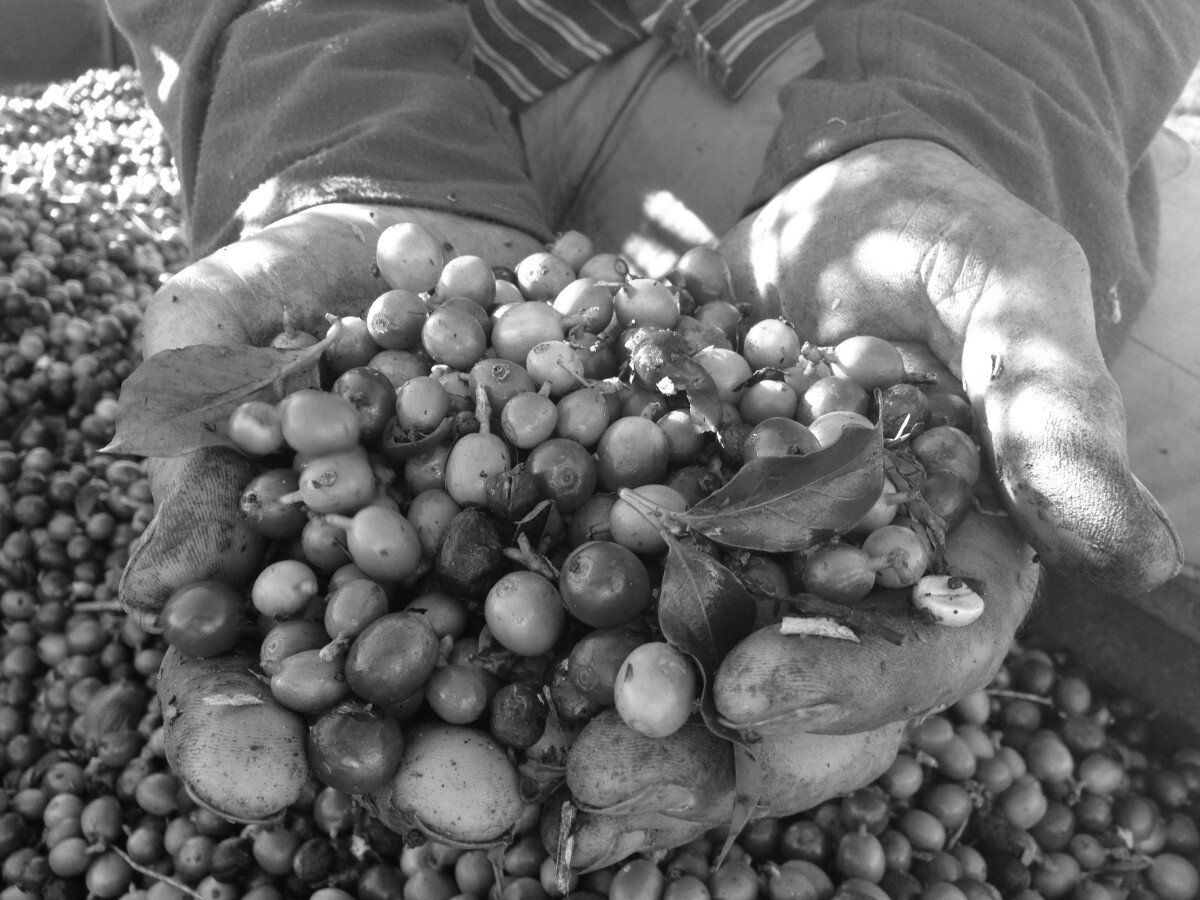
Two hands holding freshly picked coffee cherries
Cup of Excellence auction records continue to fall, even in a COVID-affected world economy and amid an ongoing price crisis in coffee.
We’ve seen stories about record highs in Ethiopia as well as Nicaragua over the past few months, and this week it was the turn of Guatemala and El Salvador.
In Guatemala, buyers mainly from Europe, the US, and Asia pushed prices to an average of $26.50 per pound across 30 lots of coffee. The top-scoring coffee earned $180.20 per pound.
Meanwhile in El Salvador, the 22 winning coffees averaged $22.53 per pound, a huge increase on the previous record of $13.65 set in 2017.
Obviously, these auctions represent a tiny, tiny fraction of all the coffee sold from these countries, the vast majority of which still sells at or below the cost of production.
The interesting thing with these stories, apart from the willingness of international buyers to pay a large premium for the best quality coffee, is who those buyers are. In each of these stories, they’re pretty much the same: a consortium made up of Japan’s Maruyama Coffee, Goodboybob and Cometeer (both USA), Harrod’s from the UK, and a few others paid the record (or close to it) in all four COE auctions.
Read the full story on Guatemala here and the full story on El Salvador here.
Wisconsin Coffee Roaster Preparing Legal Battle Over Mask Ordinance
Lamb of God Now Have Their Own Small-Batch Coffee
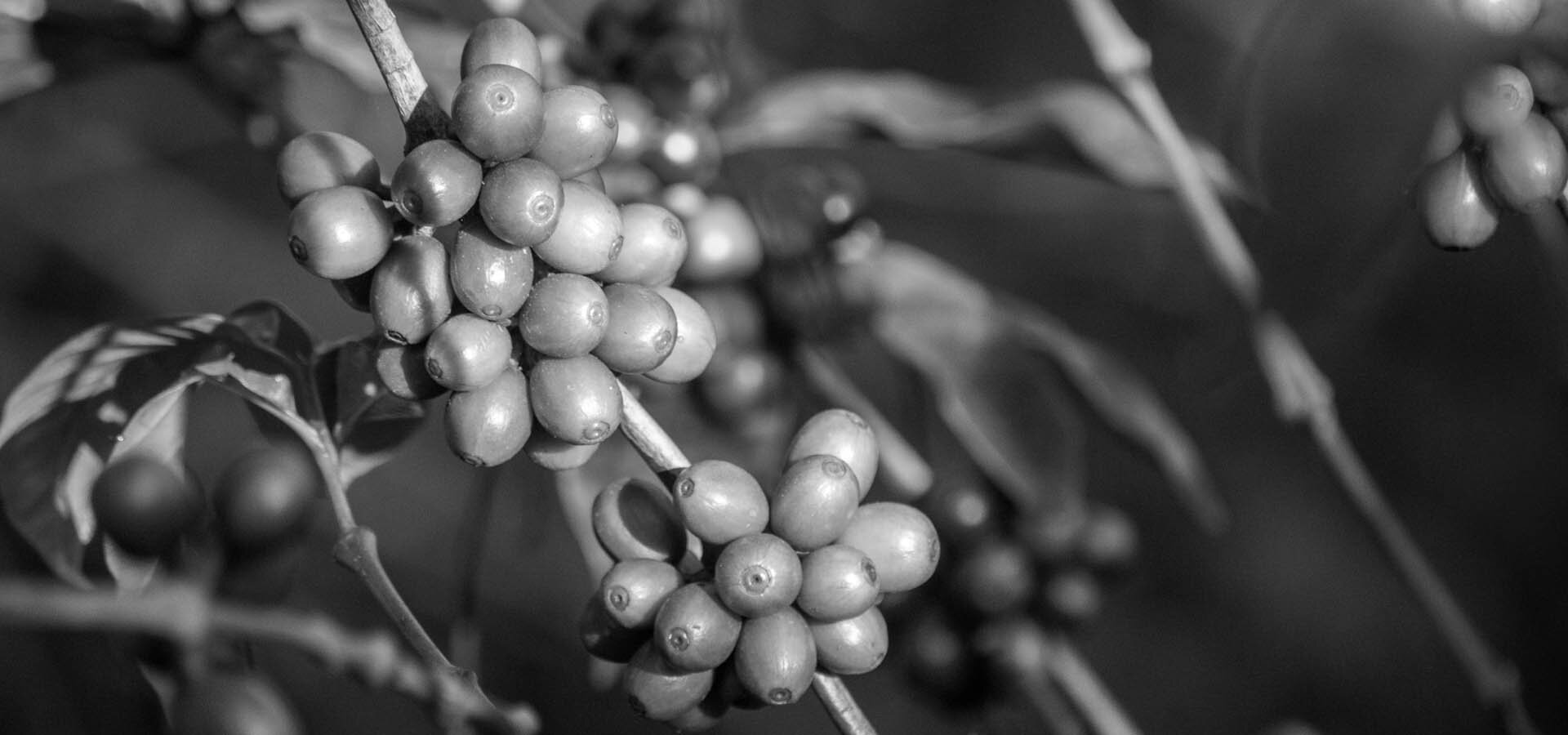
Coffee cherries on a branch
While poring over the latest coffee news looking for interesting tidbits, I came across this promising-sounding article on the World Economic Forum’s website, entitled Quality Coffee Can Boost Local Economies And Benefit Farmers – Here’s How.
Okay, I thought, that sounds interesting. “Quality coffee” is a bit vague, but I’m sure this piece in such a prestigious place will take a fair and compassionate look at the struggles of some of the most marginalized people in the world. I didn’t really look at the author, which it turns out was a mistake.
(Also, assuming the World Economic Forum website is a place for a fair and compassionate look at the struggles of some of the most marginalized people in the world was a bigger mistake.)
A few paragraphs in and all’s well—it’s a standard look at coffee producing and the difficulties that go along with it. There are stats, figures, phrases like knock-on effect and restore livelihoods.
And then, out of nowhere, this: “Sector revival is possible, through collaborative support from governments, NGOs, coffee brands and consumers. Nespresso’s Reviving Origins program demonstrates how coffee can restore local economies that face hardship.”
Aha.
Scroll down, and there’s a photo of a smiling coffee producer at the “Nespresso AAA Academy”. Below that are yet more mentions of Nespresso, and even a tiny ™ sign.
Back to the top: let’s see who’s written this.
“Guillaume Le Cunff
CEO, Nestlé Nespresso S.A.”
Ah.
A new study shows, if not massive progress, then at least a positive step for those suffering from Multiple Sclerosis. Coffee can help reduce MS-related fatigue in those with milder cases of the illness, according to research published in the journal Nutrients and reported on by Sprudge.
Fatigue is a big problem with MS sufferers, affecting 70% of sufferers, and it’s more than just feeling a bit tired: a 2008 study defined fatigue as “an extreme exhaustion that occurs suddenly or can be triggered by factors like activity, stress, infections, or digestion.” And, as Multiple Sclerosis News Today notes in their article on the new study, “there is no clear therapeutic recommendations to tackle fatigue in MS.”
Unless. Researchers at the University of Regensburg Hospital in Germany found that coffee helped participants with milder symptoms concentrate better and have a more structured daily routine.
“Since coffee showed no severe side effects and in the absence of an effective fatigue therapy, coffee consumption might be a therapeutic approach for selected patients with MS-related fatigue,” the study’s authors wrote.
The study itself is rather limited, with only 124 patients studied, and the study itself was observational and self-reported, so the results aren’t conclusive. However, it’s another step in the right direction to finding more illnesses that coffee can help with.
Here’s a new section where, for those who don’t follow The Pourover on Instagram or Facebook, you can find out a bit more about the coffee currently fueling this news roundup.
I’ve been trying to expand my coffee repertoire more of late, so I recently purchased two bags from Circadian Coffee in Indianapolis, Indiana. Circadian is a minority woman-owned roasting company founded in 2016, and they put a focus on their three blends—so that’s where I started. Their Solar Eclipse blend, which I’m drinking now, is deliciously sweet while also being well balanced with a gentle brightness. Basically, all you could ask for in a blend.
Next I’ll be trying their single origin Guatemala Jabiru Unión Cantinil, a washed coffee that they say contains notes of Tootsie Roll, caramel, and green apple. Sounds great. Check back next week for an update!
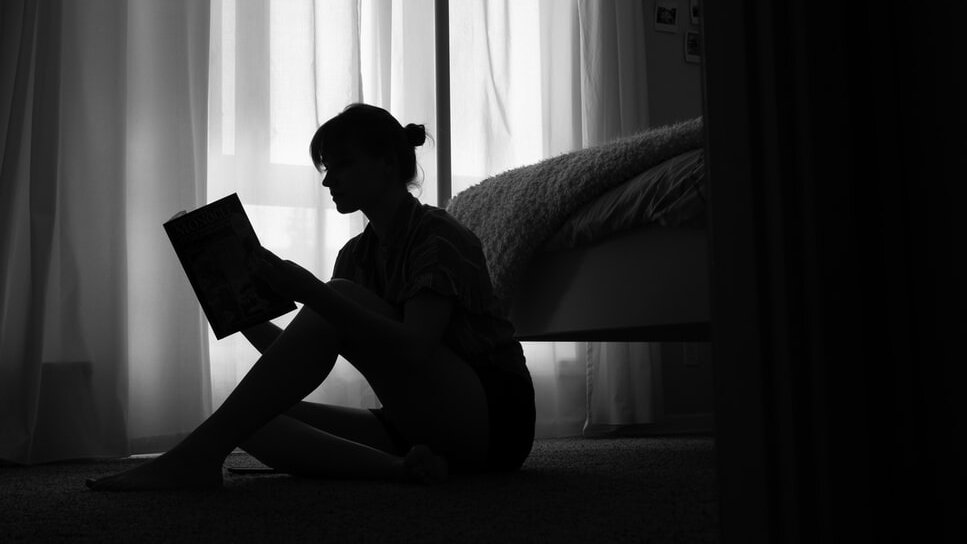
A person sits on the floor reading a book. via Unsplash
Consent And Participation: ‘On Photography’ At Coffee’s Origin by Evan Gilman
Light vs. Dark Roast Coffee: What’s The Difference, Anyway? by Elizabeth Wallace
SOLVE IT: What’s The Ideal Temperature For Coffee? by Caroline Dorey-Stein
Until next week, drink good coffee and please wear your mask.
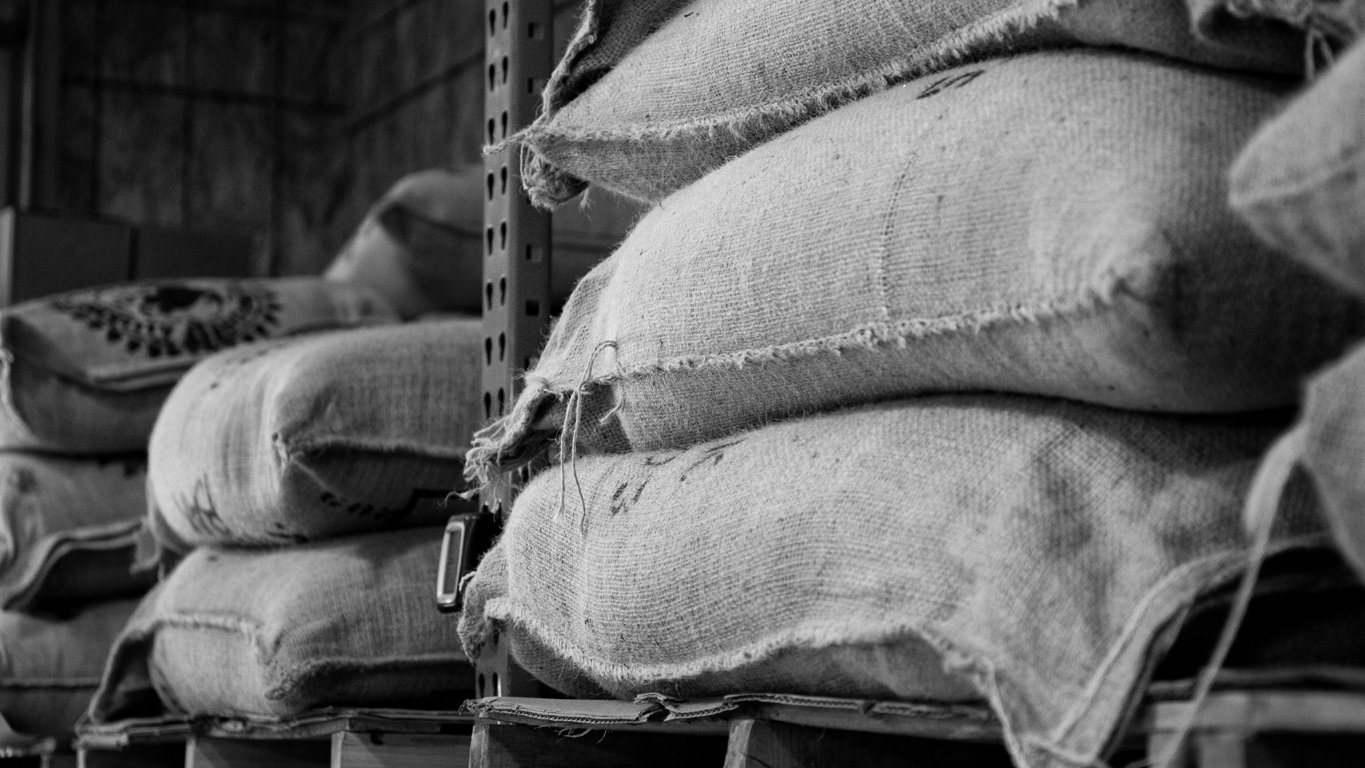
Nov 24, 2023 Connecting the Dots: Inside the 2023 Coffee Barometer Nov 24, 2023 Nov 24, 2023
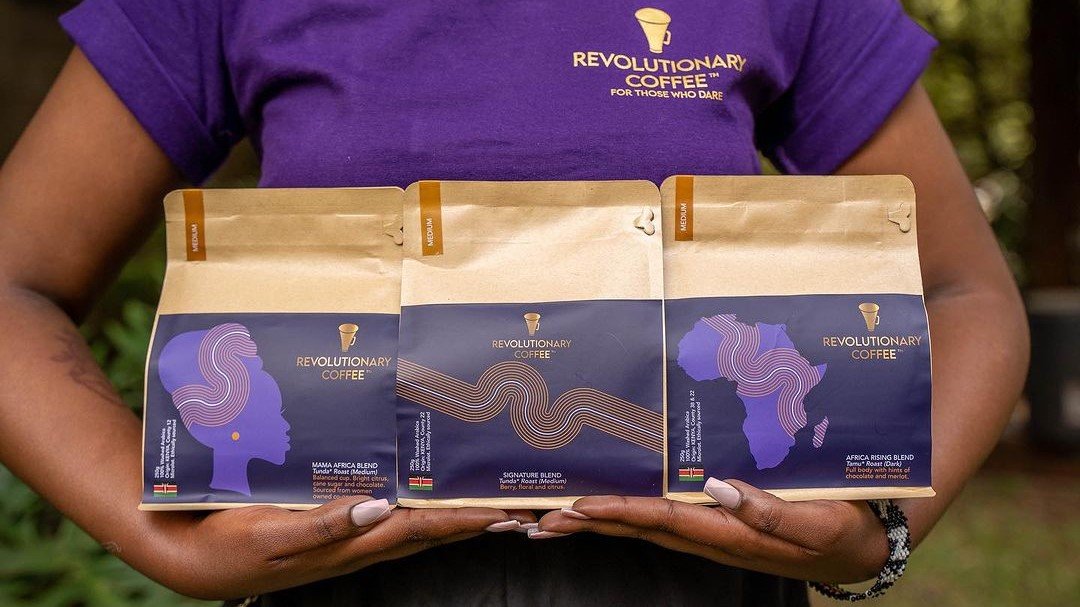
Oct 21, 2023 'Specialty Coffee Should be Enjoyed by Those Who Grow It': The Farmer's Daughter Joining Kenya's Coffee-drinking Revolution Oct 21, 2023 Oct 21, 2023
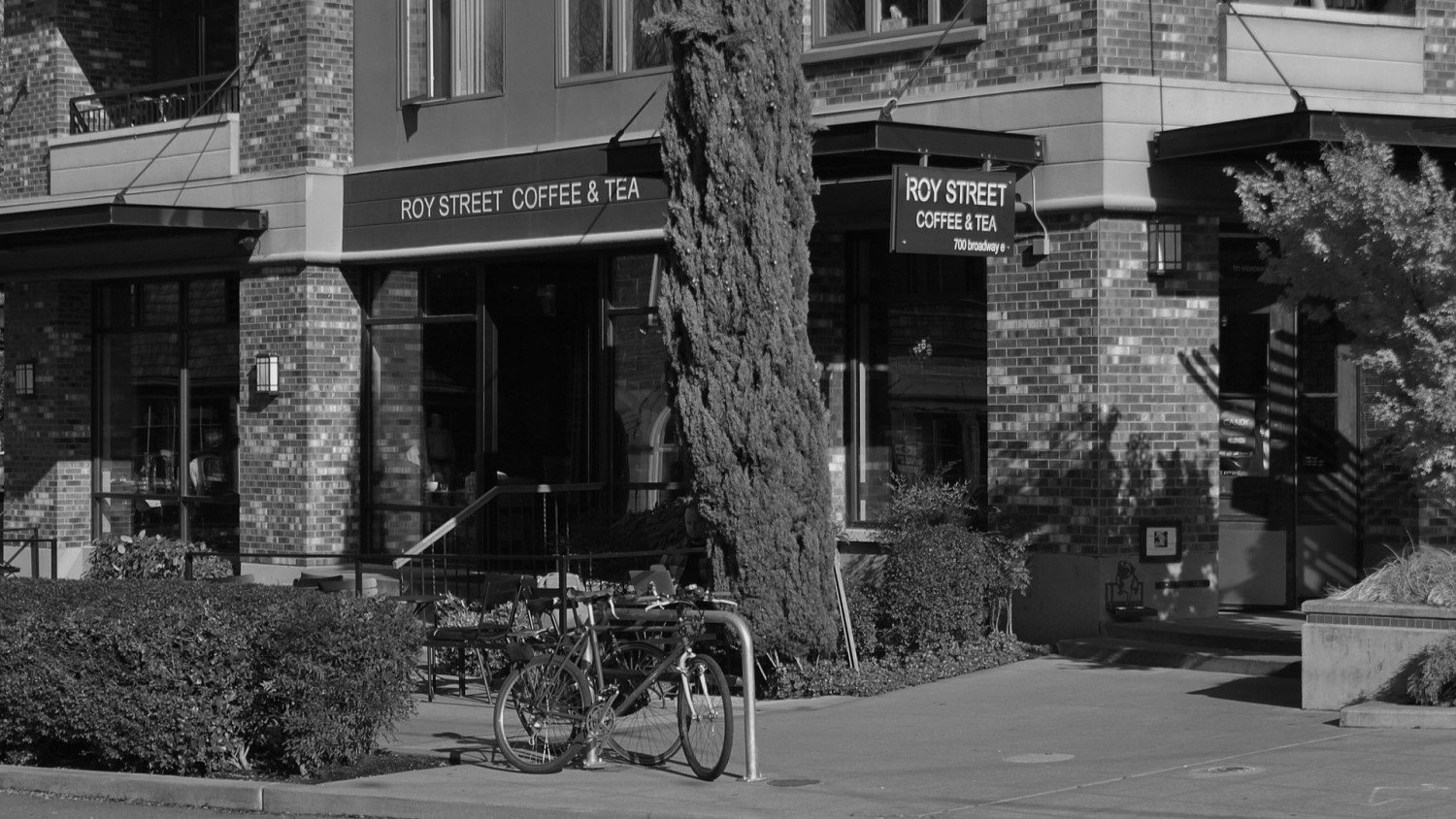
Oct 6, 2023 Stealth Starbucks: A Premonition of Modern Specialty Coffee Oct 6, 2023 Oct 6, 2023
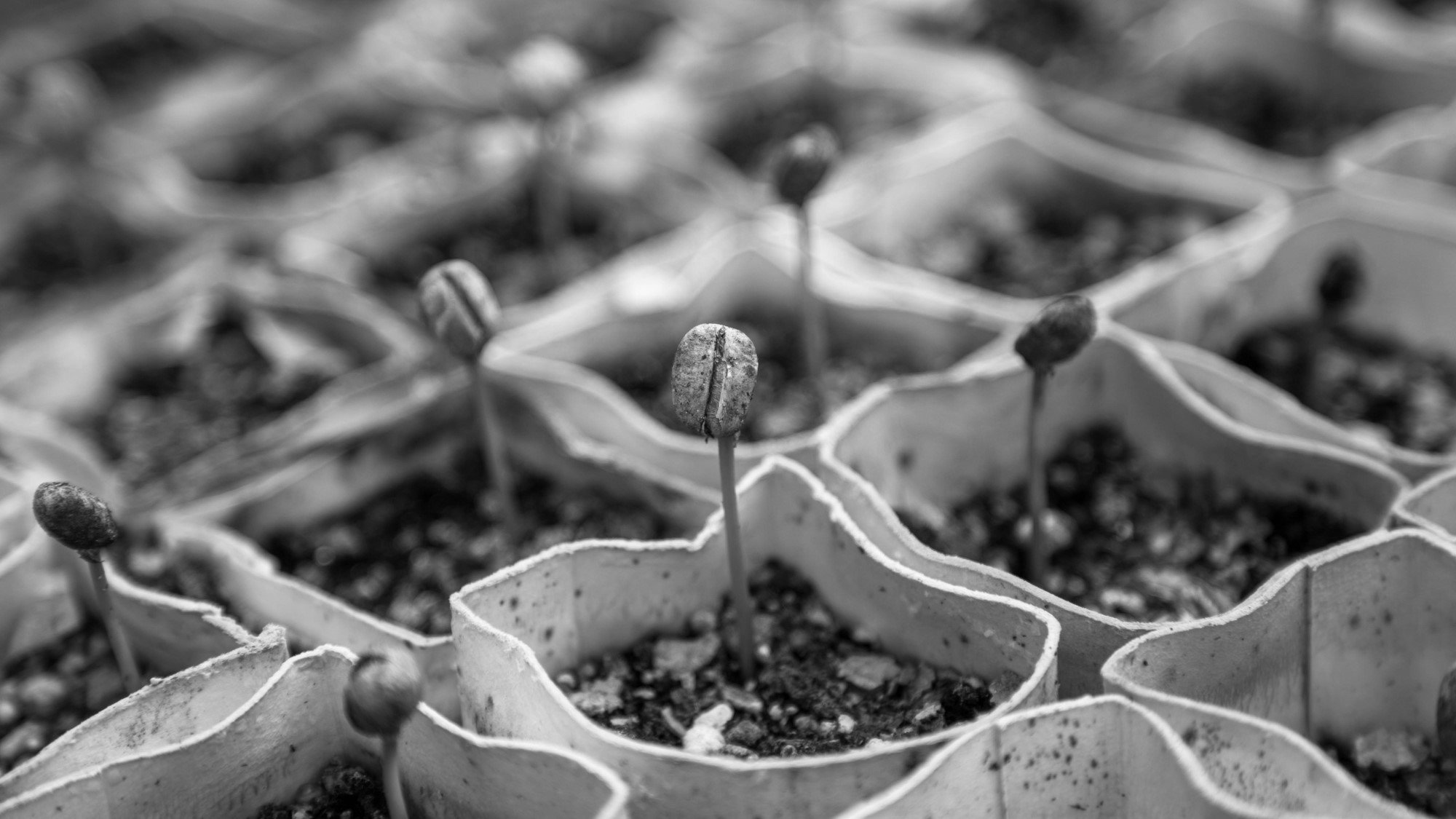
Sep 22, 2023 Can the Coffee Change Fund Save Coffee? Sep 22, 2023 Sep 22, 2023
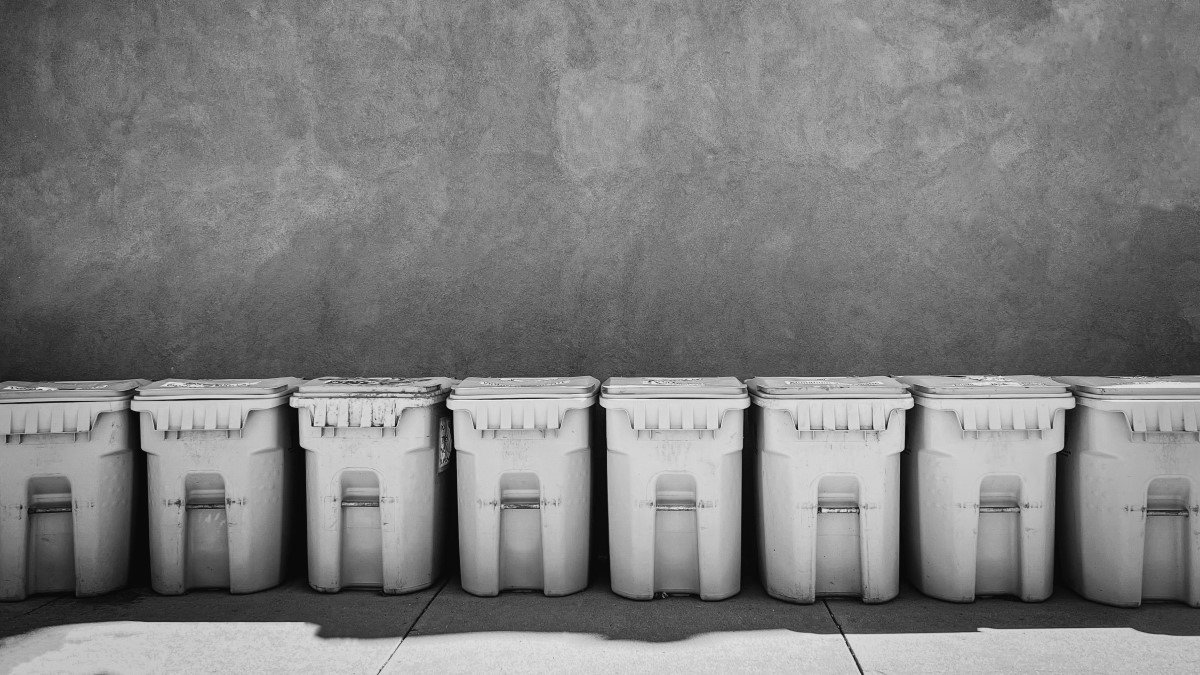
Sep 8, 2023 Upcycled Coffeewashing Sep 8, 2023 Sep 8, 2023
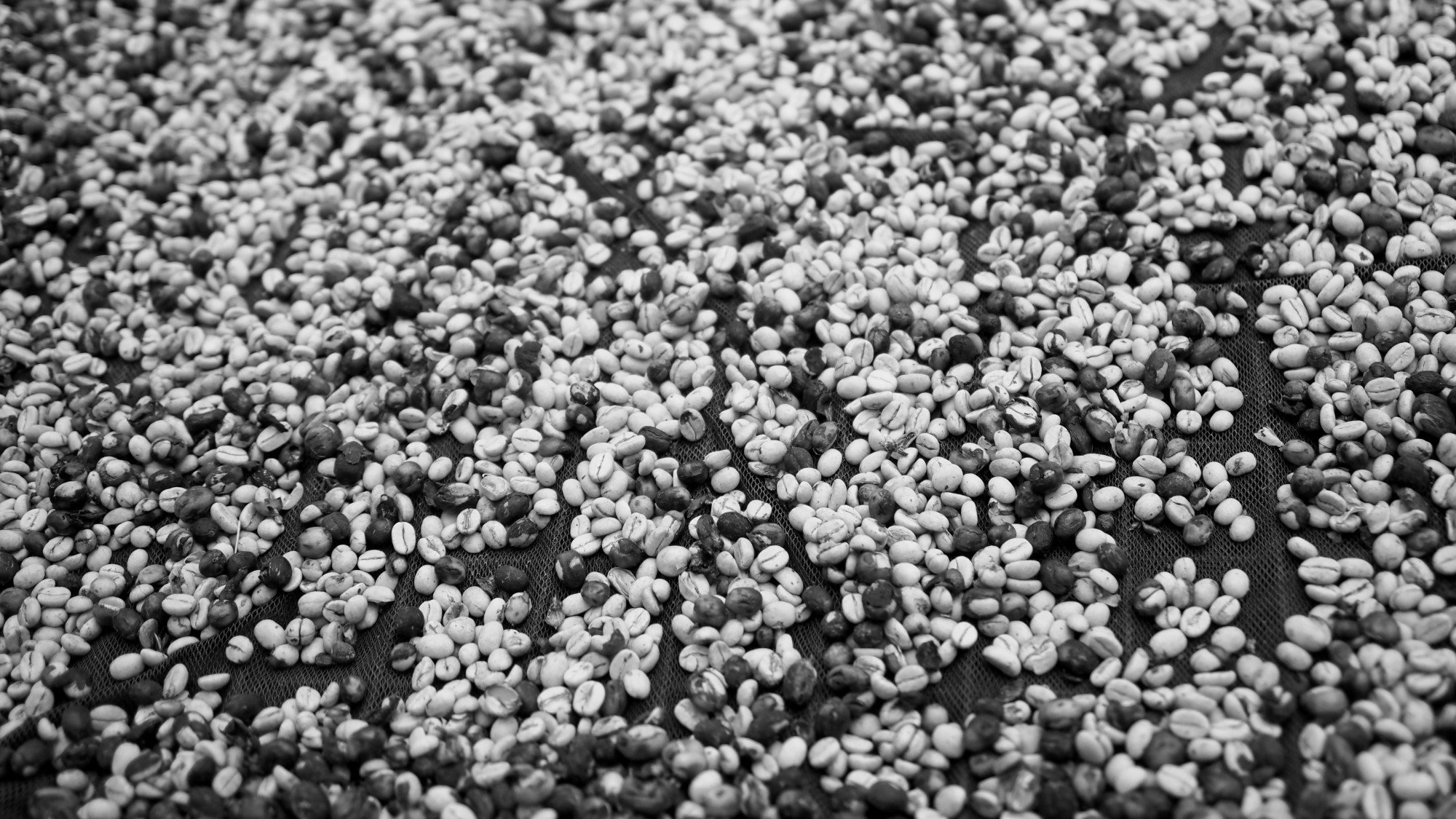
Aug 25, 2023 From A Concerned Farmer Aug 25, 2023 Aug 25, 2023

Aug 11, 2023 Philly is a (Coffee) Union Town Aug 11, 2023 Aug 11, 2023
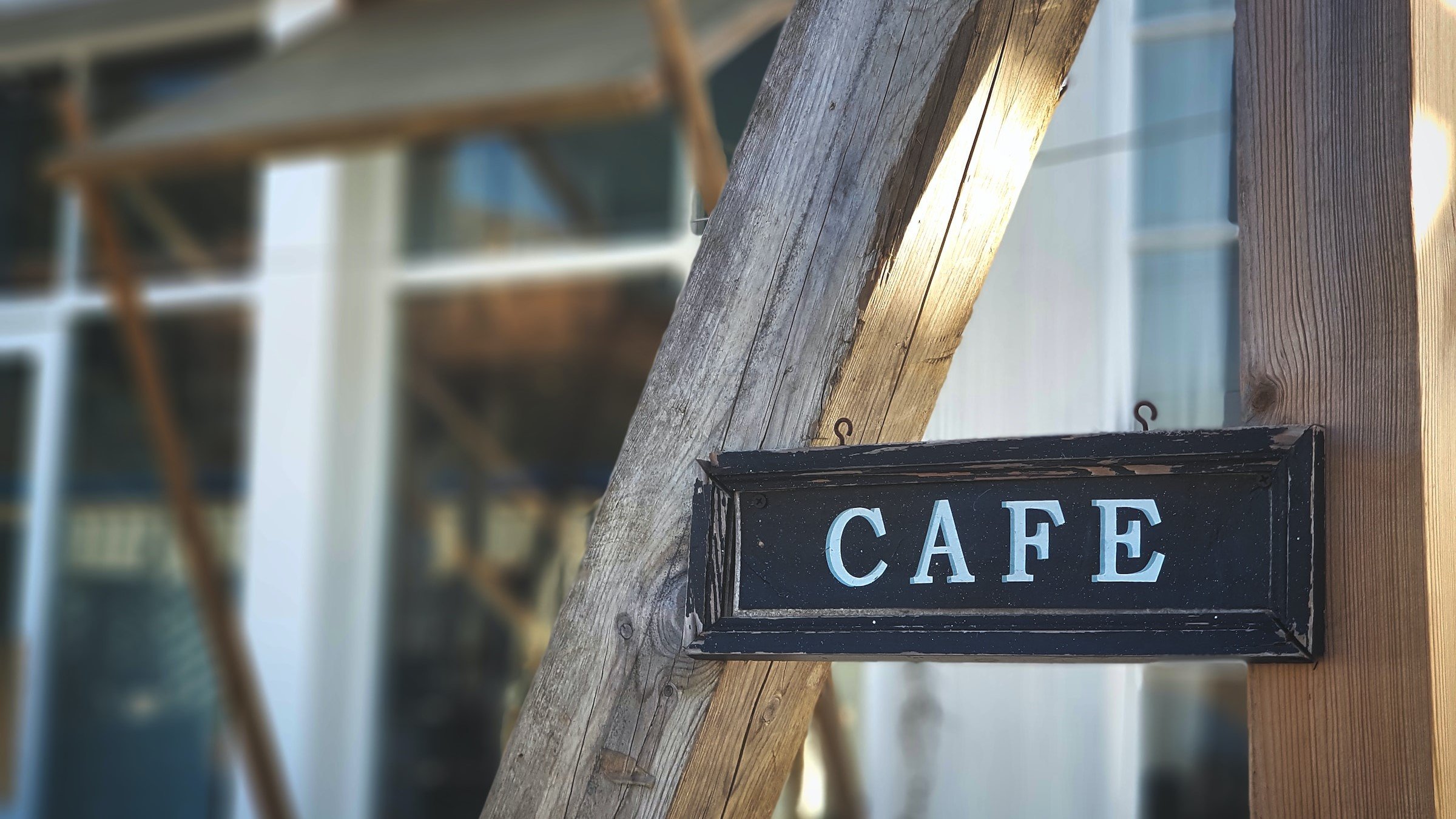
Jul 28, 2023 South Korea's Coffee Wars Jul 28, 2023 Jul 28, 2023
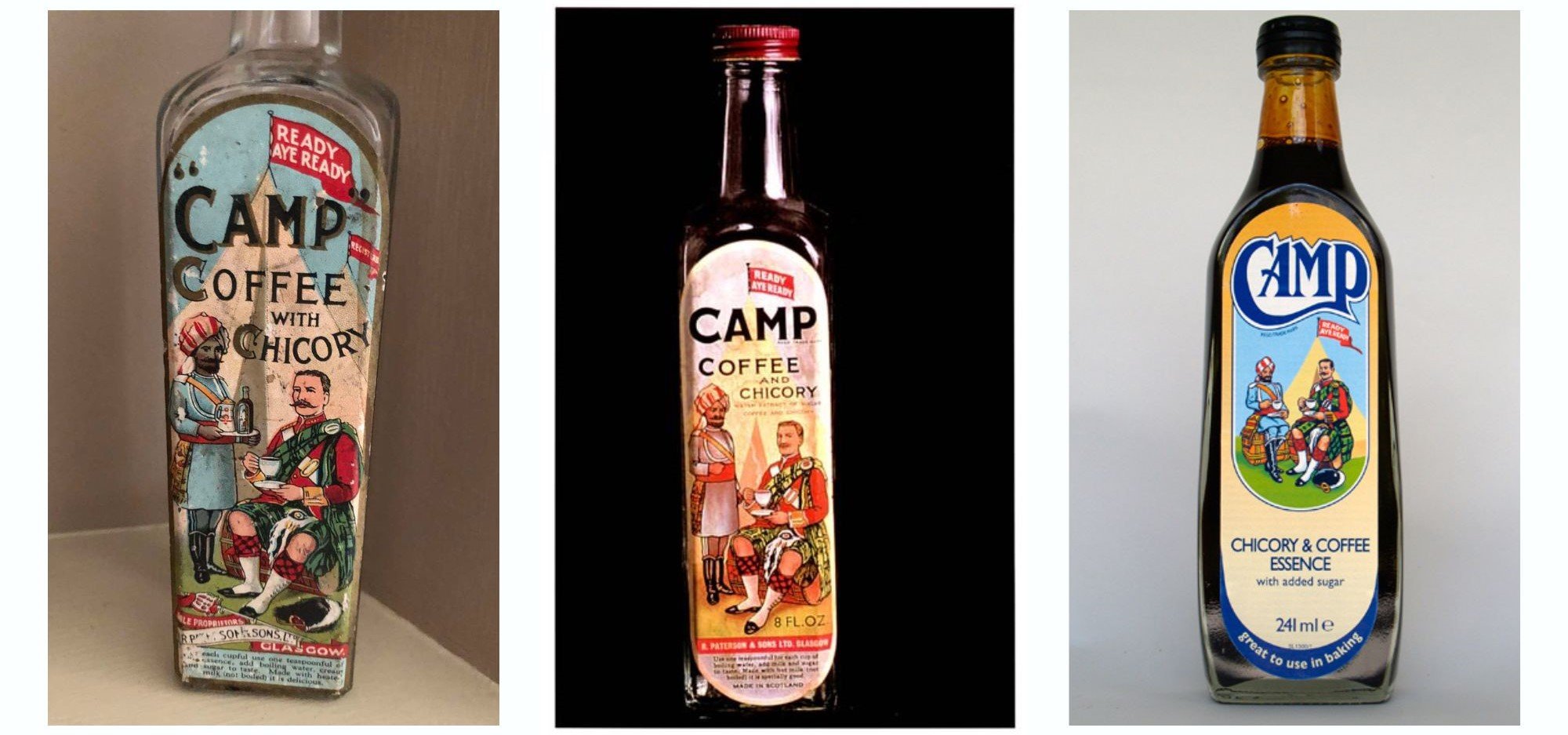
Jul 14, 2023 Camp Coffee, Colonialism, and the Evolution of a Brand Jul 14, 2023 Jul 14, 2023
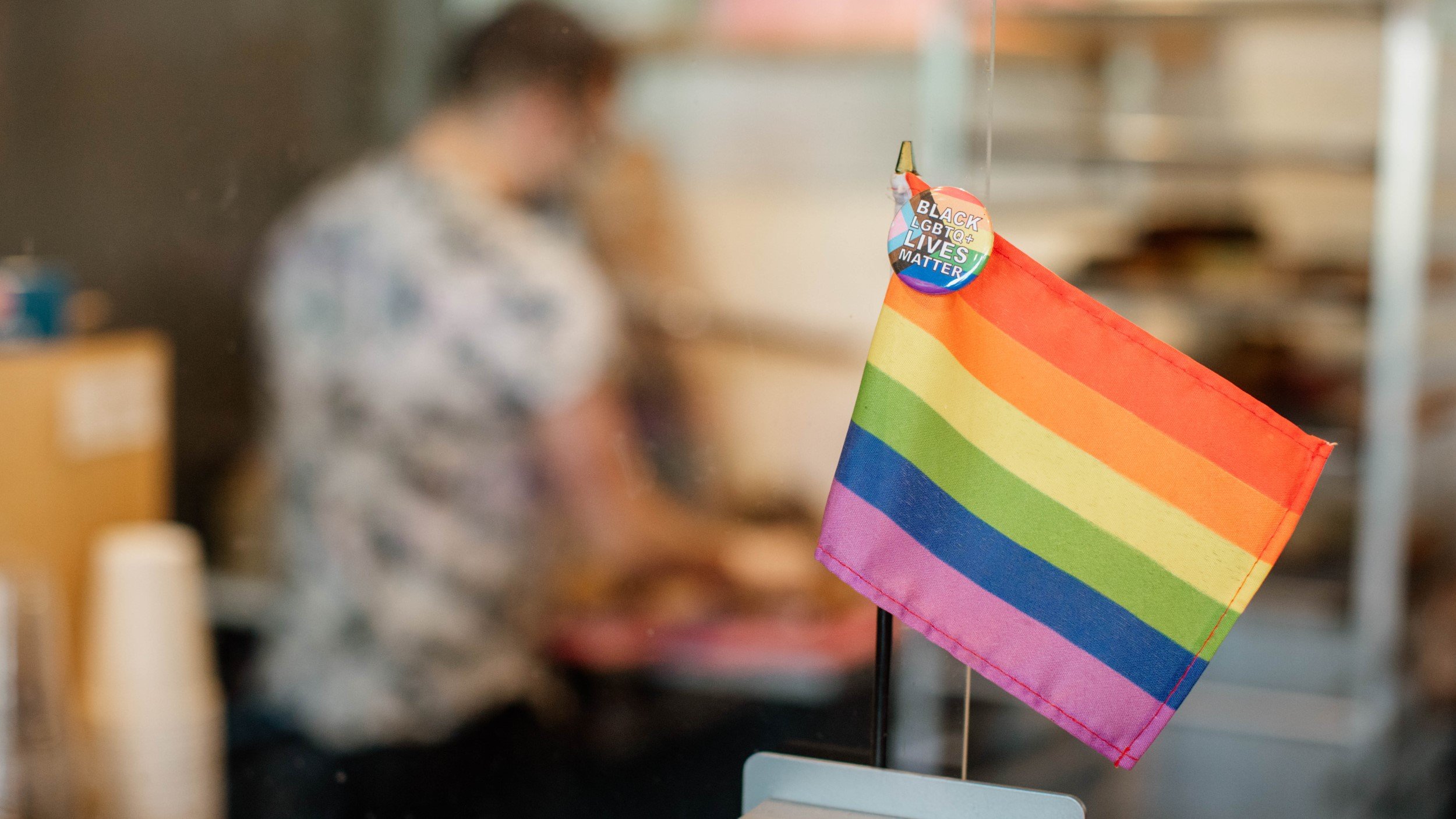
Jun 30, 2023 Defiance and Gay Frog Donuts: How Strange Matter Coffee is Navigating the Anti-LGBTQ+ Backlash Jun 30, 2023 Jun 30, 2023
A newsletter about coffee—its culture, politics, and how it connects to the wider world.